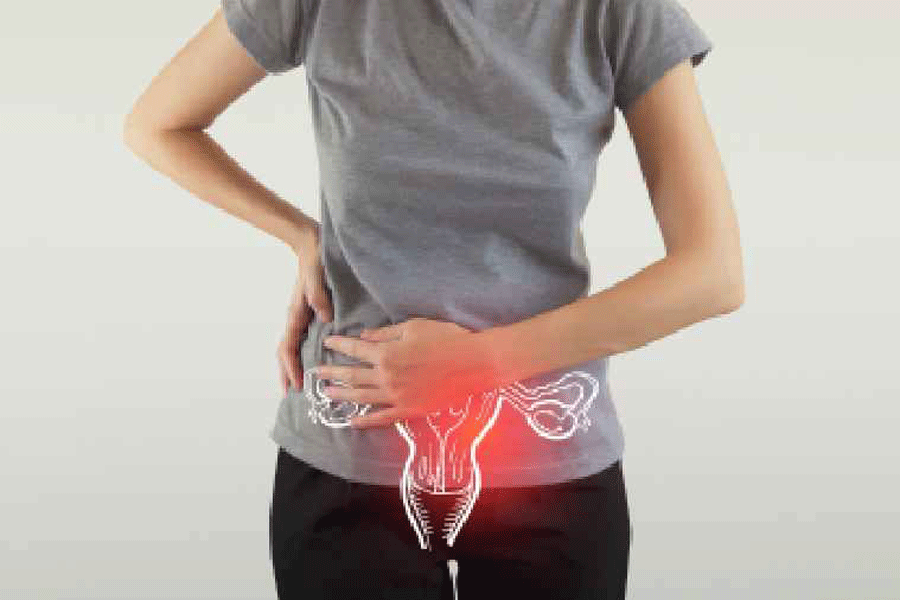Nine patients’ rights groups have asked the Centre to dismantle “barriers” to the entry of biosimilars — generic, low-cost versions of medicines that are used against cancers and other health disorders whose treatment can currently cost families tens of lakhs of rupees a year.
The groups have sought the removal of the current requirements of animal studies and clinical trials for the approval of biosimilars in India, citing similar changes adopted by UK health authorities and allowed by the latest World Health Organisation guidelines.
Biosimilars are medications made from proteins, sugars or other biological molecules and are used to treat disorders that include arthritis, cancers and irritable bowel syndrome.
They are typically off-patent molecules produced by generic drug makers and intended to be near-identical versions of the original medicines (biologics) made by innovator companies.
The patients’ rights groups have said in a joint letter to the Union health and biotechnology departments that waiving the animal studies and clinical trials would help drive down the cost of biosimilars, which are needed to provide competition to the “exorbitantly priced” innovator products.
“Animal studies and clinical trials are expensive and take time. They are barriers that limit the entry of low-cost biosimilars in the market,” said Kappoori Gopakumar, a lawyer and member of the Working Group on Access to Medicines and Treatments, one of the nine signatory groups.
A biologic called pembrolizumab, used in the treatment of cervical, head-and-neck, lung and stomach cancers and certain types of breast cancer, for instance, currently costs Rs 2 lakh per vial, the groups said. An 18-month course of treatment costs Rs 72 lakh, a group member said after consulting an oncologist. Pertuzumab, used against breast cancer, costs Rs 24 lakh a year while nivolumab, used against melanoma, oesophageal cancer and other cancers costs Rs 4 lakh a month, said Chetali Rao, another member of the Working Group on Access to Medicines.
India’s current rules, framed jointly by the health and biotechnology departments and adopted in 2016, demand animal studies and clinical trials to establish the safety and efficacy of biosimilars that are intended to be equivalent to the original biologics.
But patients’ rights groups have argued that technical advances now allow the equivalence of biosimilars to beestablished through analytical studies and biomarkers that demonstrate how the human body is processing a biosimilar.
Amid these advances, the groups said, UK health authorities in 2021 waived animal studies and comparative efficacy trials for the approval of biosimilars.
The WHO too, in 2022, revised its guidelines for biosimilars, removing the requirement for animal studies and revising the clinical comparability requirements.
A government official familiar with the plea for a waiver of the animal studies and clinical trials for biosimilars told The Telegraph that the subject was under discussion.
“New guidelines could come out very soon,” the official said, asking not to be named.
The All India Drug Action Network, a consortium of doctors and patients’ rights advocates, the Jan Swasthya Abhiyan, a nationwide network of health groups, and the Initiative for Health and Equity in Society are among the nine groups that have sought the waiver.
But the groups expect opposition from innovator companies as well as clinical research organisations for whom, Gopakumar said, trials represent a big economic opportunity.
An Indian consumer interest group on Friday asserted that while biosimilars can significantly lower the price of essential biologics, this does not mean that they can be allowed in without adequate safety studies.












